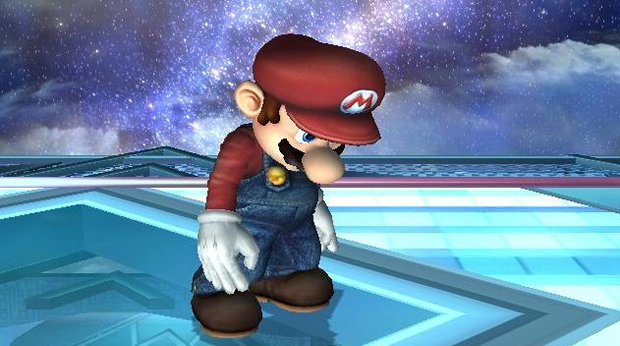Casual gaming can treat depression (according to study backed by giant casual games developer)
Bejwelled and Peggle proven to lift moods in US research underwritten by PopCap Games
A study out of East Carolina University's Psychophysiology Lab and Biofeedback Clinic has suggested that playing casual games can rival traditional therapy and medication in the treatment of anxiety and depression. Huzzah! Take that all you snobby, hardcore, casual gaming haters.
Wait... what? The study was underwritten by PopCap Games? We retract our previous statement.

Above: :(
Conducted in 2010, the study split 59 participants with depression into two groups: those that got to play Bejeweled 2, Peggle and Bookworm Adventures, and those that were made to surf the National Institutes of Mental Health's Web page (aka the control group). Lo and behold, the study found that the participants who played games noted dramatic improvements in their mood and anxiety levels, as indicated in follow-up questionnaires and sensory data.
To recap: playing games while depressed has a better chance of improving your mood than reading about depression when depressed. Science, you win again.
Speaking to the implications of the study, research director Dr. Carmen Russoniello said, “In my opinion the findings support the possibility of using prescribed casual video games for treating depression and anxiety as an adjunct to, or perhaps even a replacement for, standard therapies including medication."
While we're sure the people behind the study are more than qualified to conduct studies of this kind (not sarcasm), this particular body of research – backed financially by PopCap Games, no less - is just a wee bit on the shaky side (sarcasm). Which is a shame, really, because the idea of being prescribed video games as a treatment for depression has some merit, and if it ever happens, you can bet I'll be the first one wearing dark eye-liner, listening to The Smiths, and writing bad poetry for the sake of insurance-covered gaming.
Weekly digests, tales from the communities you love, and more
[Source: PRNewswire]
Feb 17, 2011
Matt Bradford wrote news and features here at GamesRadar+ until 2016. Since then he's gone on to work with the Guinness World Records, acting as writer and researcher for the annual Gamer's Edition series of books, and has worked as an editor, technical writer, and voice actor. Matt is now a freelance journalist and editor, generating copy across a multitude of industries.


